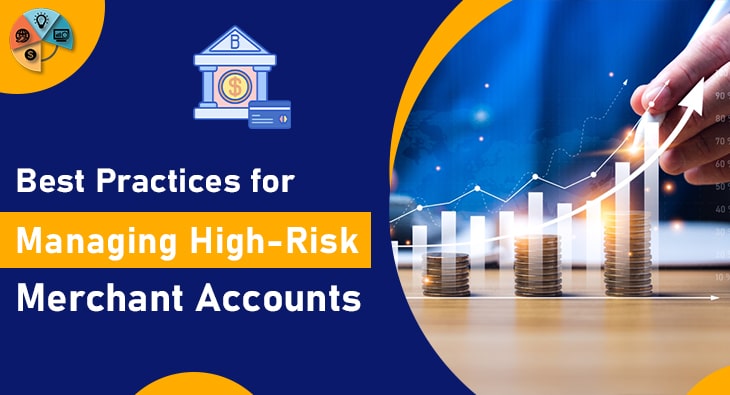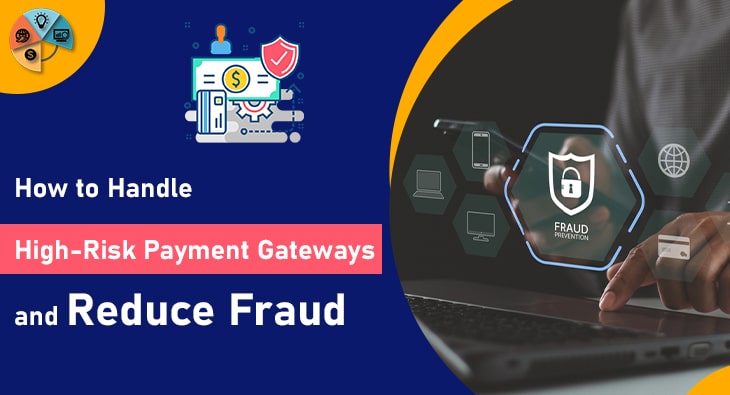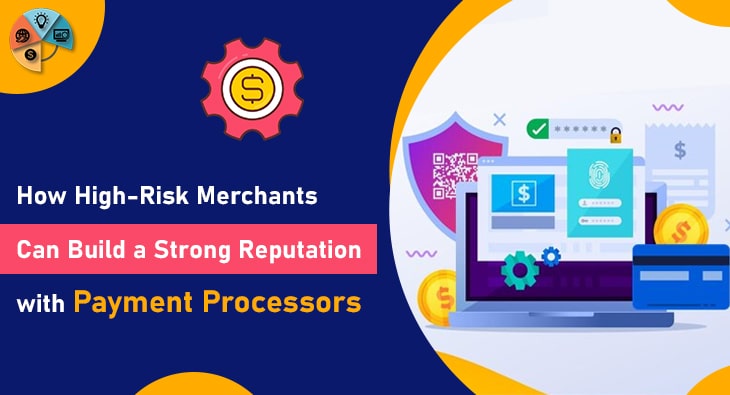Exploring High-Risk Merchant Accounts
High-risk merchant accounts play a crucial role for businesses in industries considered risky by financial institutions. These businesses often encounter obstacles such as higher fees and more stringent contract terms. Despite these challenges, having a high-risk merchant account allows businesses to process credit card payments smoothly, which is essential for their operation.
To determine if your business needs a high-risk merchant account, you should consider various factors. The nature of your industry is a significant determinant, as sectors like online gaming, travel, and adult entertainment are often flagged as high-risk. The likelihood of chargebacks is another critical factor, as high-risk businesses usually face a greater volume of chargebacks, which can affect their financial stability and relationships with payment processors.
Your business’s financial history also plays a role. A history of frequent chargebacks, late payments, or other financial issues can lead to a high-risk classification. Being labeled as high-risk can influence your payment processing options and the terms you receive from providers. Therefore, understanding the implications and requirements of a high-risk merchant account is vital for managing it effectively.
In addition to these considerations, it’s important to recognize that being classified as high-risk doesn’t solely depend on the nature of your business. Sometimes, external factors such as economic conditions or regulatory changes can impact your risk status. Staying informed about these influences can help you better navigate the complexities of high-risk merchant accounts.
Ultimately, being proactive in understanding and managing a high-risk merchant account can make a significant difference in your business operations. It’s not just about mitigating risks but also about leveraging the benefits to ensure smooth and efficient payment processing.
Some Related Blogs
- How High-Risk Merchants Can Build a Strong Reputation with Payment Processors
- Finding the Best Payment Gateway for High-Risk Businesses
- Travel Industry Payment Solutions: What to Know
- Benefits of High-Risk Payment Processing for E-commerce
Selecting an Appropriate Payment Processor
Evaluating potential payment processors involves more than just comparing fees. It’s crucial to find a processor that understands the complexities of high-risk merchant accounts and offers specialized services to address them. Look for processors with a strong background in handling high-risk clients, as they will be better equipped to provide the support your business needs.
Investigate each processor’s technology and security measures. Ensure they offer advanced fraud detection tools and secure data encryption to protect your transactions. The right technology can help reduce the likelihood of chargebacks and improve your overall transaction success rate.
Customer support is another vital aspect. High-risk businesses often encounter unique issues that require prompt and effective resolution. Select a processor known for excellent customer service and technical support, ideally available 24/7, to address any problems that may arise quickly.
Reputation matters, too. Seek reviews and testimonials from other high-risk merchants to gauge the processor’s reliability and performance. Industry forums and peer recommendations can also provide valuable insights into which processors have a proven track record.
Flexibility in contract terms is essential. Some processors may offer more favorable terms, such as shorter contract lengths or the ability to negotiate fees based on your business’s performance. Carefully review contract terms to ensure they align with your business’s needs and allow for growth.
Finally, consider the range of payment methods supported by the processor. High-risk businesses often benefit from accepting various payment types, including international cards and alternative payment methods. A processor that offers a wide array of payment options can help expand your customer base and increase sales.
By thoroughly vetting potential processors and considering these factors, you can select a partner that will help manage the risks and ensure smooth payment processing for your high-risk merchant account.
Deploying Efficient Risk Management Techniques
Effective risk management is crucial for maintaining the health of your high-risk merchant account. Begin by implementing robust fraud detection measures. Utilizing tools such as address verification systems and card verification codes can significantly reduce the likelihood of fraudulent transactions. Advanced data encryption is another essential element, ensuring that sensitive customer information remains secure.

Consistent monitoring of transactions is also vital. Pay close attention to any anomalies, such as irregular transaction patterns or sudden sales spikes. Setting up real-time alerts can enable you to address these issues promptly, preventing them from escalating. Collaborating closely with your payment processor can offer additional benefits, as they often provide customized insights and tools that cater to your specific business needs.
Another key aspect of risk management is maintaining clear and transparent communication with your customers. Providing detailed product descriptions, clear return policies, and prompt customer service can help reduce disputes and chargebacks. Educating your customers about the payment process and setting proper expectations can go a long way in minimizing misunderstandings that could lead to chargebacks.
Consider implementing a chargeback management system. This can help you track and dispute chargebacks efficiently, saving time and reducing potential losses. By addressing chargebacks quickly and effectively, you can improve your standing with payment processors and maintain a healthier merchant account.
Lastly, regularly review and update your risk management practices. The landscape of high-risk merchant accounts is constantly changing, and staying proactive can help you adapt to new challenges. Keep abreast of the latest trends and technologies in fraud prevention and risk management to ensure your strategies remain effective.
Upholding Compliance with Industry Regulations
It’s crucial for businesses with high-risk merchant accounts to stay abreast of and adhere to industry regulations. The dynamic regulatory environment demands ongoing vigilance and updates to business practices. Understanding and following the payment card industry data security standards (PCI DSS) is essential. These standards provide guidelines to safeguard customer information, ensuring that transactions remain secure.
In addition to PCI DSS, your industry may have specific laws and guidelines that must be followed. Regular audits and compliance checks can help identify areas that need improvement. Hiring compliance experts or consulting with legal advisors can be beneficial in navigating these complex regulations. They can offer insights and recommendations to ensure your business stays compliant.
Training your staff on compliance requirements is also important. Well-informed employees can help maintain adherence to regulations, reducing the risk of violations. Documenting compliance procedures and maintaining accurate records will aid in demonstrating your commitment to regulatory standards during audits.
By proactively managing compliance, you can avoid potential penalties and maintain the integrity of your high-risk merchant account, ensuring ongoing operational success.
![]()
Email us anytime!
Email customer service 24/7
![]()
Call us anytime!
Reach customer care 24/7 at +1 (727) 330-3944


